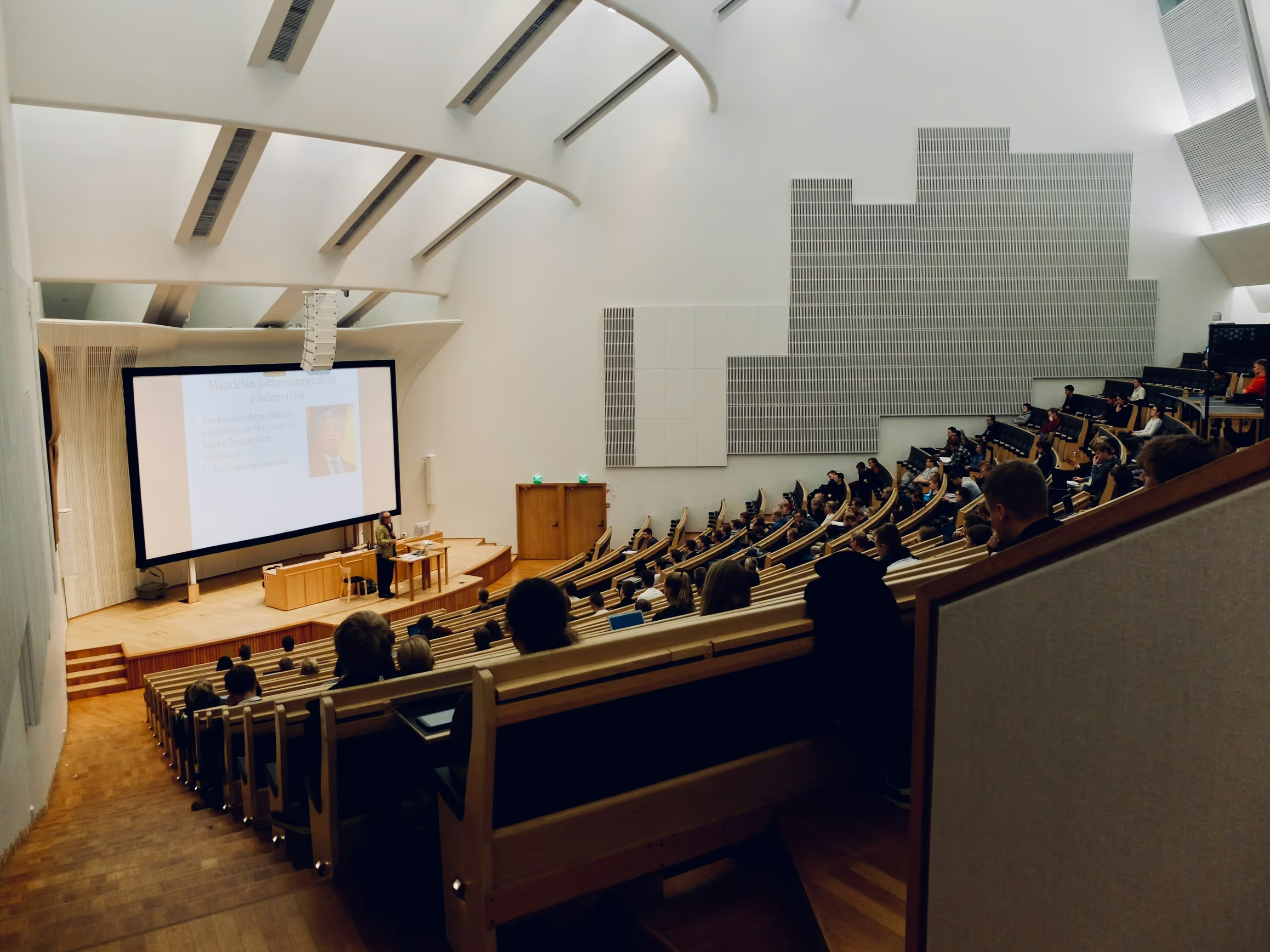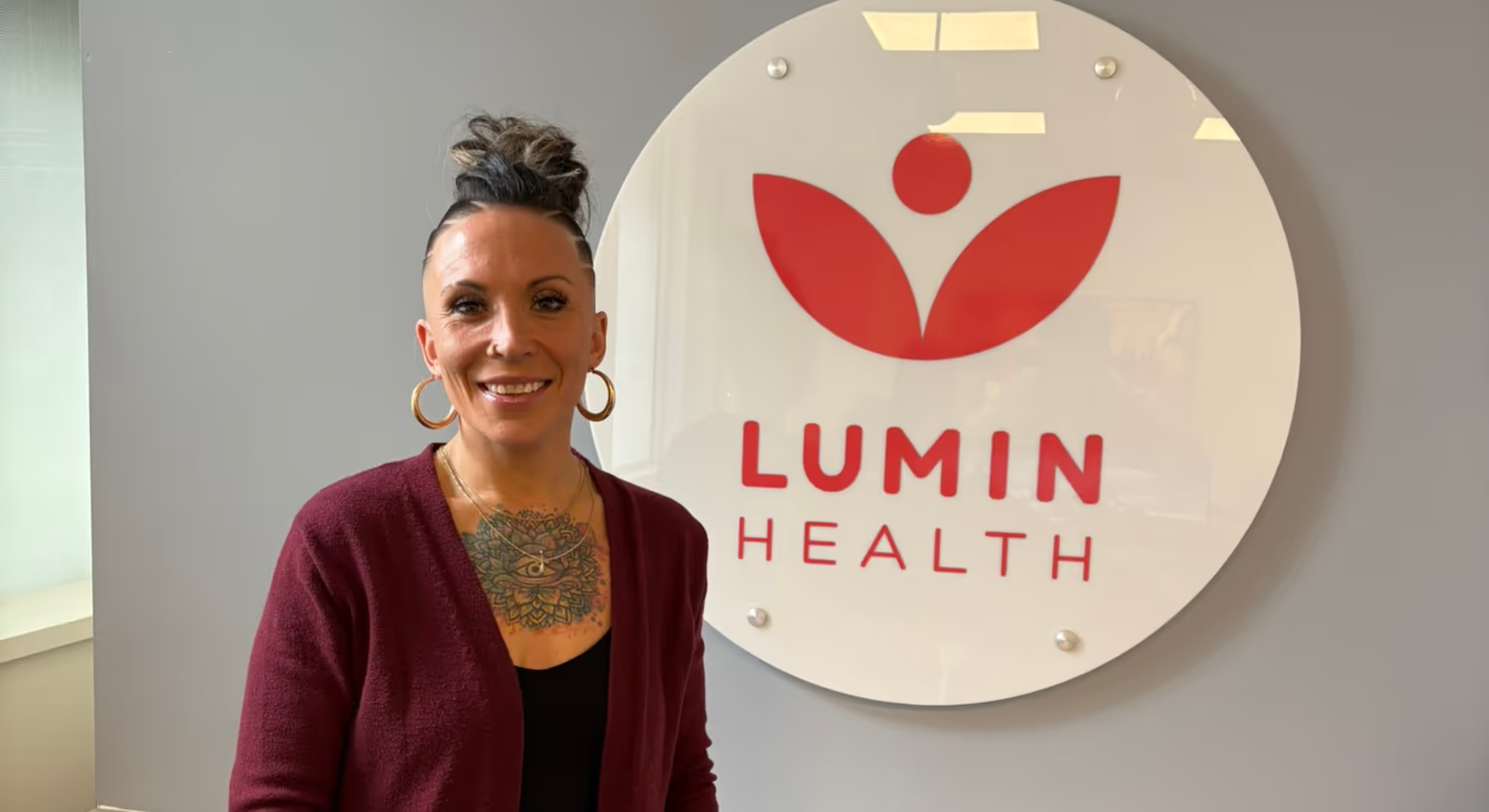University Health & Counseling Services: Partnering on Ketamine Therapy
“Universities care not only for their students, but for the faculty, staff, and people who make the campus function. They carry a sense of responsibility — an ethic of care that goes beyond efficiency.”
— Dr. Benjamin Yudkoff, MD, Chief Medical Officer and Co-Founder of , Lumin Health
At campuses across the country, health and counseling teams are confronting a new reality: traditional antidepressant pathways can work — but often too slowly and not effectively enough for both students and staff who need to recover quickly enough to stay engaged in class, work, and community.
Dr. Yudkoff describes university systems as “microcosms of society under pressure.” They hold the wellness of both young adults developing identity and adults maintaining the institution’s mission. That’s why collaboration with specialized providers — especially around ketamine therapy and esketamine (Spravato) — can make a meaningful difference.
Campus medical and counseling services can work with off-campus esketamine (Spravato) clinics like Lumin Health to support students and employees through rapid-acting treatment options that align with the university’s broader mission of care.
Consent, Privacy, and Practical Access to Ketamine Therapy
Eligibility & coordination with campus MD/NP
University health centers are often the first point of contact for students or employees struggling with persistent depression, PTSD, anxiety, or suicidal thoughts. When rapidity of relief is a priority or when symptoms remain severe despite standard treatment, clinicians can help assess whether ketamine therapy or Spravato treatment may be appropriate.
As Dr. Yudkoff explains, “We want these adult and student partners in universities to be cared for in a way that highlights the ethos of what it means to be in a university system.” That ethos — care, respect, community — becomes the foundation of coordination between campus health providers and off-site clinics.
Campus providers are encouraged to call Lumin Health to coordinate around cases to see if recommending ketamine or esketamine is reasonable, and can have partners in our system to make sure that care remains integrated, open, and connected to the patient’s providing team.
Insurance Navigation Towards Esketamine (Spravato) for students and employees
Many students and staff have campus-based insurance plans that could cover esketamine (Spravato), the FDA-approved nasal spray form of esketamine administered in certified clinics. For students seeking off-label ketamine routes, Lumin Health provides clear cost structures and coordination support so no one is left navigating coverage alone.
University clinicians can help by verifying coverage through student health plans and confirming documentation needs, ensuring that referrals don’t get delayed by administrative friction.
Crisis pathways with campus partners
Suicidality remains one of the most urgent challenges for university systems. Dr. Yudkoff spoke candidly about why this matters:
“Universities shoulder the concern about the potential for suicide. Stress is a natural consequence of change, and college is a highly concentrated state of change. Most students roll with it — but some find it overwhelming. It’s important for university systems to know that Lumin Health has medications that have been shown to reduce suicidality, to be helpful in softening those thoughts, and in keeping a student running alongside their peers as far as goal attainment is concerned.”
Planning for breaks and finals
Academic calendars add predictable stress cycles: midterms, finals, and long breaks that disrupt continuity. For students undergoing Spravato treatment or ketamine therapy, coordination across these times is essential.
Lumin Health can help guide students and faculty alike to ketamine treatment by:
- Anticipating these moments and adjusting treatment as needed.
- Working with a patient’s schedule to make sure that can be allocated for study and test taking.
- Keeping communication lines open when a student transitions between home and campus providers.
This logistical steadiness helps sustain treatment benefits and prevents relapse during critical academic milestones.
A Shared Mission: Care That Keeps Students and Staff Thriving
Universities embody a culture of care — of nurturing growth, intellect, and potential. As Dr. Yudkoff described, they are “places that act in locum parentis, caring for people as they grow more deeply into who they are.”
Ketamine therapy and Spravato treatment support that mission. These medicines offer new ways to help students and staff recover faster, stay connected, and continue learning, teaching, and contributing within their communities.
“We want to partner with university systems to bring treatments that work quickly — to prevent the morbidity and consequences of undertreated mental illness.”
University Health & Counseling Services: Partnering on Ketamine Therapy
Universities are unique ecosystems — balancing medical responsibility, educational mission, and human care. This guide combines insights for University Health Services and Counseling Centers, offering a roadmap for safely coordinating ketamine therapy and esketamine (Spravato) with community clinics. It clarifies eligibility, privacy, insurance, crisis planning, and therapy timing within the neuroplasticity window, so that students and employees alike can access faster relief without losing the continuity of campus support.
The message is clear: collaboration protects both privacy and progress. When campus clinicians and treatment teams share the work, recovery becomes not just possible — but sustainable.







